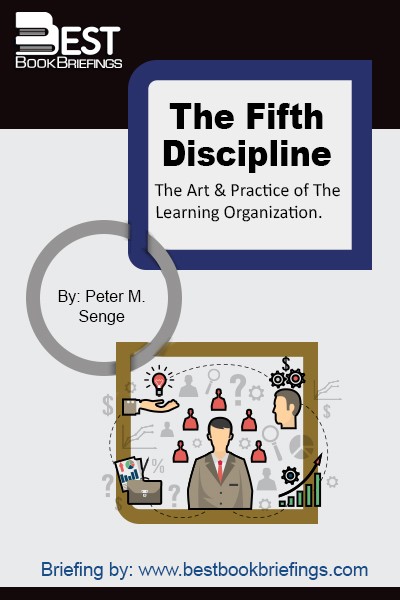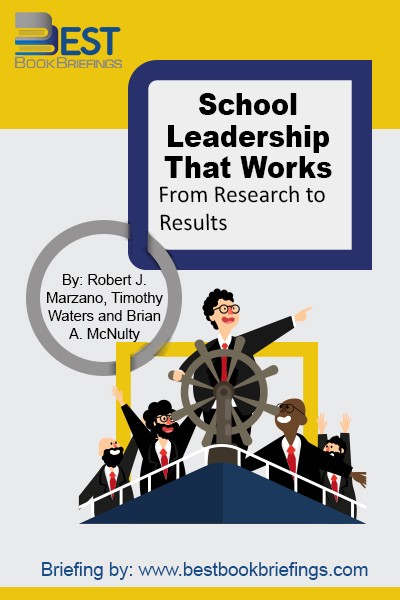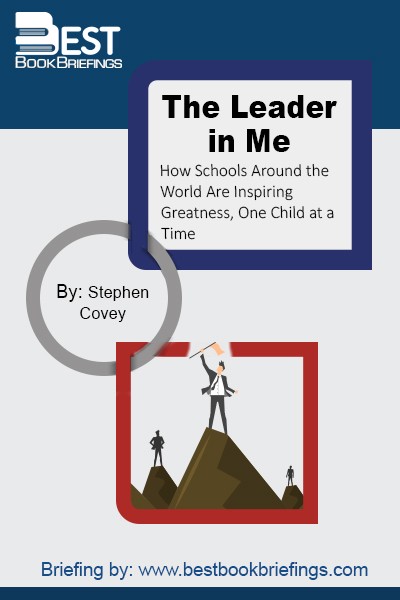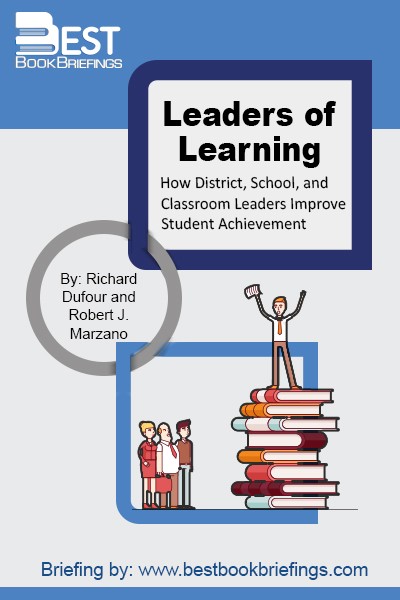Leaders of Learning
How District, School, and Classroom Leaders Improve Student Achievement
Number of pages: 248
Publisher: Solution Tree
BBB Library: Education, Leadership
ISBN: 9781935542667
Editorial Review
People are prone to think of leadership as an individual activity linked to a position—usually the top of the organizational chart. Furthermore, they often think the ability to lead is reserved for a heroic few, those individuals who save us from ourselves by making up for our deficiencies. We have heard this story over and over again: the brilliant entrepreneurial leader who saves the company from ruin, the military figure whose personal genius and charisma lead to victory, or the principal who single-handedly turns a school around. It’s time to let go of the myth of the charismatic individual leader who has it all figured out. Effective leaders recognize that they cannot accomplish great things alone. They acknowledge that leadership capacity is broadly distributed in the population and is accessible to anyone who has passion and purpose to change things as they are. This book argues that no single person has all the knowledge, skills, and talent to lead a district, improve a school, or meet all the needs of every child in his or her classroom. It takes collaborative effort and widely dispersed leadership to meet the challenges confronting our schools.
Books on Related Topics

Effectively managing school safety requires the combined skills of a juggler and tightrope walker. School administrators must juggle school safety and the many other aspects of leading schools: Academics, facilities, finances, district politics, school-community relations. They must also walk a tightrope by beefing up security and preparedness for an emergency while

The Fifth Discipline by Peter Senge was initially published in 1990 and it was widely received and recognized as one of most influential business books. In 1997, the book was identified by Harvard Business Review as one of the seminal management books. It is a bestselling classic that helped revolutionize the

In more than two-and-a-half million miles of travel to schools in every part of the world, we have found a growing number of change leaders. These are the people who not only implement change successfully, but also appear to thrive on it. Their colleagues are no more insightful, desperate, or well

What does research tell us about the effects of school leadership on student achievement? What specific leadership practices make a real difference in school effectiveness? How should school leaders use these practices in their day-to-day management of schools and during the stressful times that accompany major change initiatives? Robert J. Marzano,

Perfect for individuals and corporations alike, The Leader in Me shows how easy it is to incorporate these skills into daily life. It is a timely answer to many of the challenges facing today’s young people, businesses, parents, and educators—one that is perfectly matched to the growing demands of our certain future.



